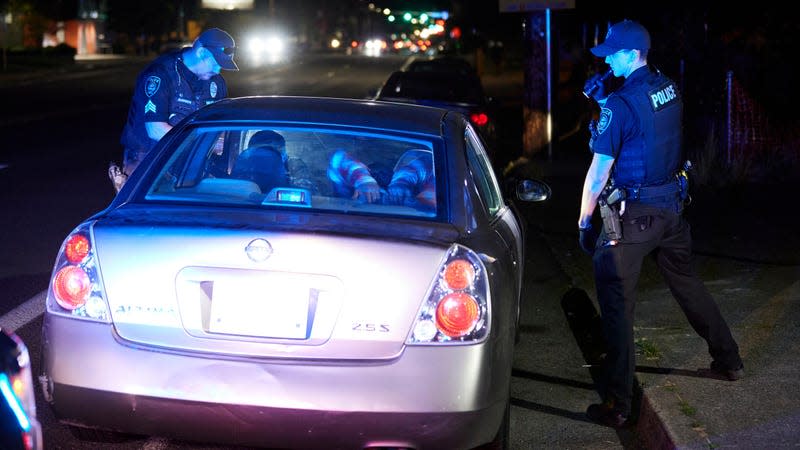Oregon Forgives More Than $1.8 Million in Unpaid Traffic Fees

Oregon Governor Kate Brown announced her office is forgiving $1.8 million in unpaid traffic fines Wednesday in order to help financially struggling residents life restrictions on driver’s licenses.
In October of 2020, Oregon made it illegal to suspend driver’s licenses due to nonpayment of fines. This order covers people with outstanding debts from before the bill was signed into law. It does not cover misdemeanor or felony traffic violations or eliminate any money meant for victims. From the Oregon Capital Chronicle:
Read more
“The inability to pay a traffic fine should not deprive a person of the ability to lawfully drive to work, school, health care appointments or other locations to meet their daily needs,” Brown said in a statement. “We know that suspending driver’s licenses for unpaid traffic fines is bad public policy – it is inequitable, ineffective and makes it harder for low-income Oregonians to get ahead.”
[...]
Civil rights advocates praised the move, saying it’s necessary to end systemic discrimination that hurts people unable to pay traffic fines.
“People of color are disproportionately targeted in traffic enforcement meaning they are more likely to be ticketed and receive a traffic fine,” Sandy Chung, executive director of American Civil Liberties Union or ACLU of Oregon, said in a statement. “Persistent racial discrimination in public and private life, as well as enduring racial disparity in economic opportunity, means people of color are more likely to be low income. This means that it is more widespread for people of color to have a driver’s license suspension due to inability to pay a ticket. They are more likely to be trapped in a cycle of debt, punishment and restricted freedoms than wealthier and whiter people.”

 Yahoo Autos
Yahoo Autos 